Question: I play soccer to challenge myself. I want to become the number one soccer player on my team. Why should I attend the No.1 Soccer Camp? -John L, East Hartford CT
Answer from No. 1 Soccer Camps Regional Director, Coach Mike Potier: Hello John and thank you for contacting No.1 Soccer Camps. We at No.1 Soccer Camps understand that there are many camps to choose from and sometimes it can be difficult navigating through it all. Your desire to challenge yourself and become the best player on your team are both great goals.
After 22 years in the camp industry there are two areas I believe that are important to start with, history and reputation. For 38 years No.1 Soccer Camps has provided top soccer training across the country for over 78,000 players with campers going on to play at all levels of the game.
The duration of a summer soccer camp is relatively short. In order to choose the right camp and develop as a player, the camp should offer certain key elements. Quality instruction, personal attention, maximum repetition during each session, and a detailed evaluation process that will not only identify your strengths and weaknesses, but also provide direction so you can continue your progress long after the camp is over.
Each year No.1 Soccer Camps receives hundreds of applications for staff employment from coaches across the country. Each Camp Director goes over every application carefully to select only the best and those with the quality and experience necessary to be No.1 Staff Coaches. Many of these are recommendations from current staff members with years of No.1 experience themselves. Those selected not only possess the coaching experience we demand ,but also the ability to demonstrate the skills at a high level and break down the topics for each session.
No.1 Soccer Camps has an incredibly low 8:1 camper to coach ratio. We create a training environment dedicated to small groups. This gives the coach the ability to focus on each player’s individual technical work as well as the group as a whole for game related situations. Whether you are a goalkeeper or field player we will provide you with the opportunity to have the repetition needed to improve each particular skill. This is something you will not find at other camps with one coach and 20 or more people in a group.
Finally, it’s very important that the player receives as much information as possible and then leaves camp understanding what areas need to be developed to be successful and what they can do at home to make that happen. There is no doubt that the No.1 Soccer Camp 75 Point written evaluation is the most extensive in the camp industry. The detail of the evaluation is another reason we work in small groups. This also allows the coach to get to know each players abilities and in turn write a detailed individual evaluation about specific information concerning the camper’s personal game. This evaluation also includes a personal development plan that will proved direction and training exercises for the player once they leave camp. This attention to detail is something impossible to do in a larger group which is why you will see other camp evaluations that are one sheet of paper and a few numbers.
No.1 Soccer Camps provides all the tools necessary to become a better player in all four aspects of the game: Technical, Tactical, Psychological, and Physical. We will challenge you in an organized and fun environment and give you the confidence necessary to continue to get better.
Be part of the No.1 family….we look forward to seeing you.
Regional Director Potier will be at the following locations in 2014: Vero Beach Sports Village – Vero Beach, FL, Schreiner University – San Antonio, TX, University of Dallas – Irving, TX, Claremont McKenna College – Claremont, CA, and Pacific University – Forest Grove, OR

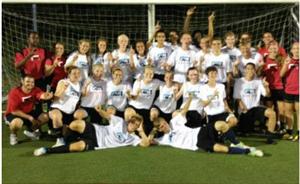
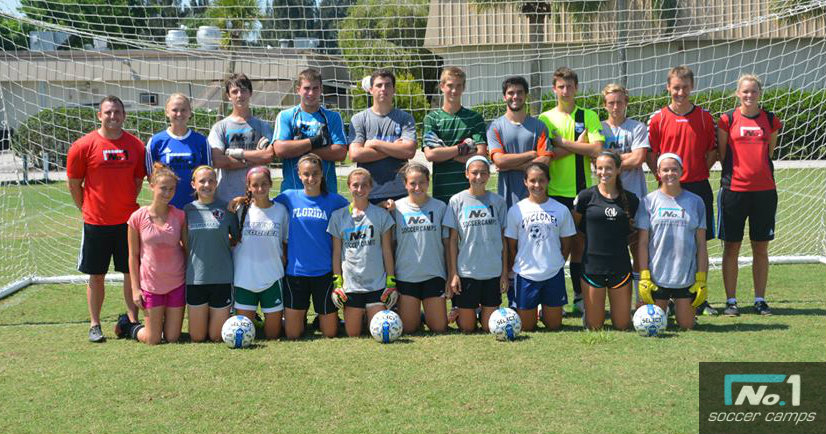
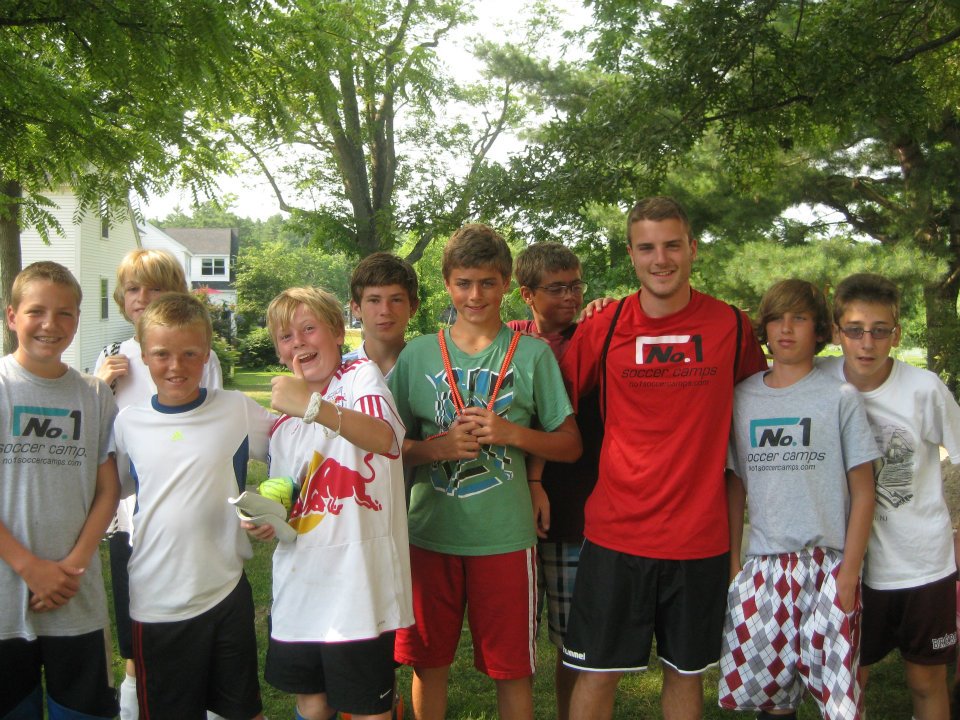

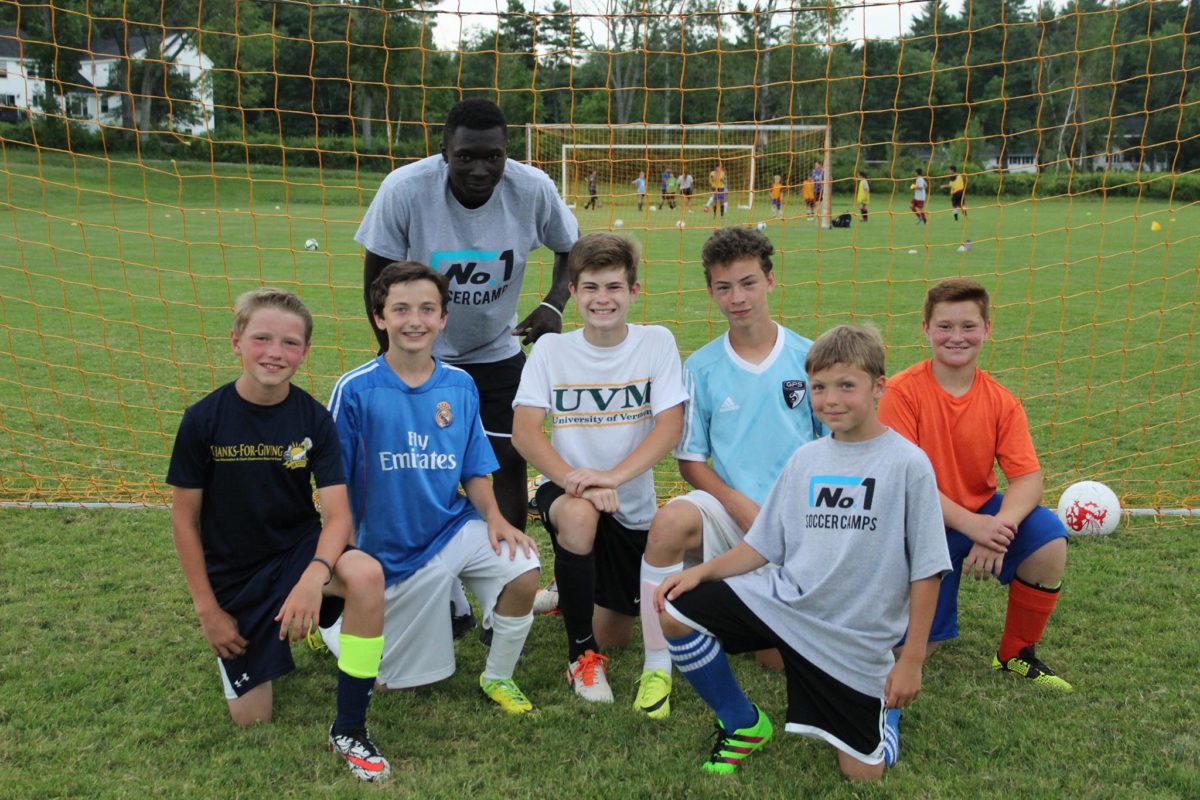


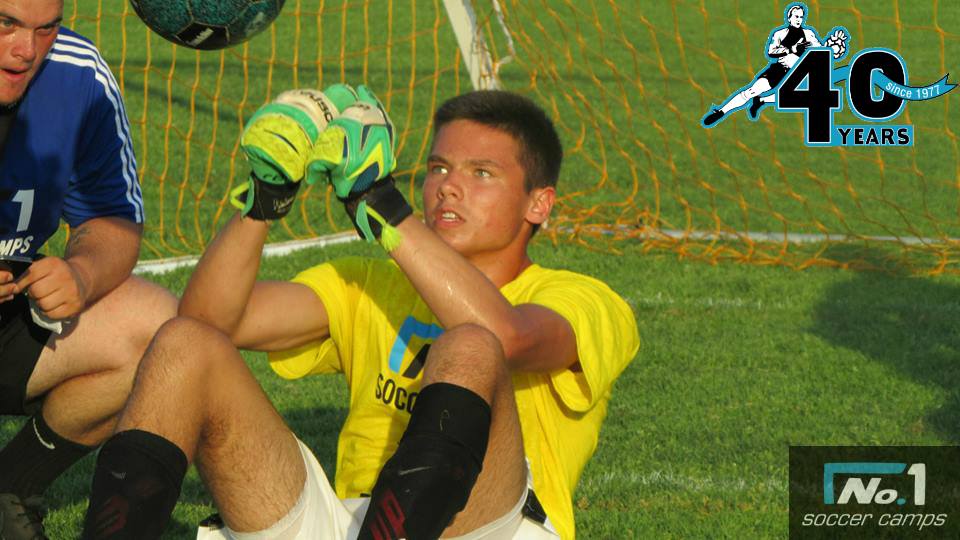
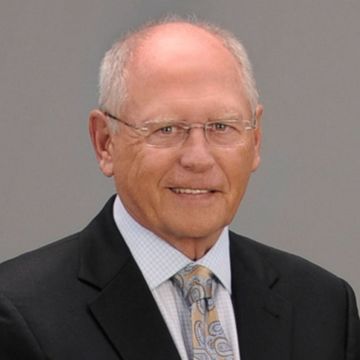


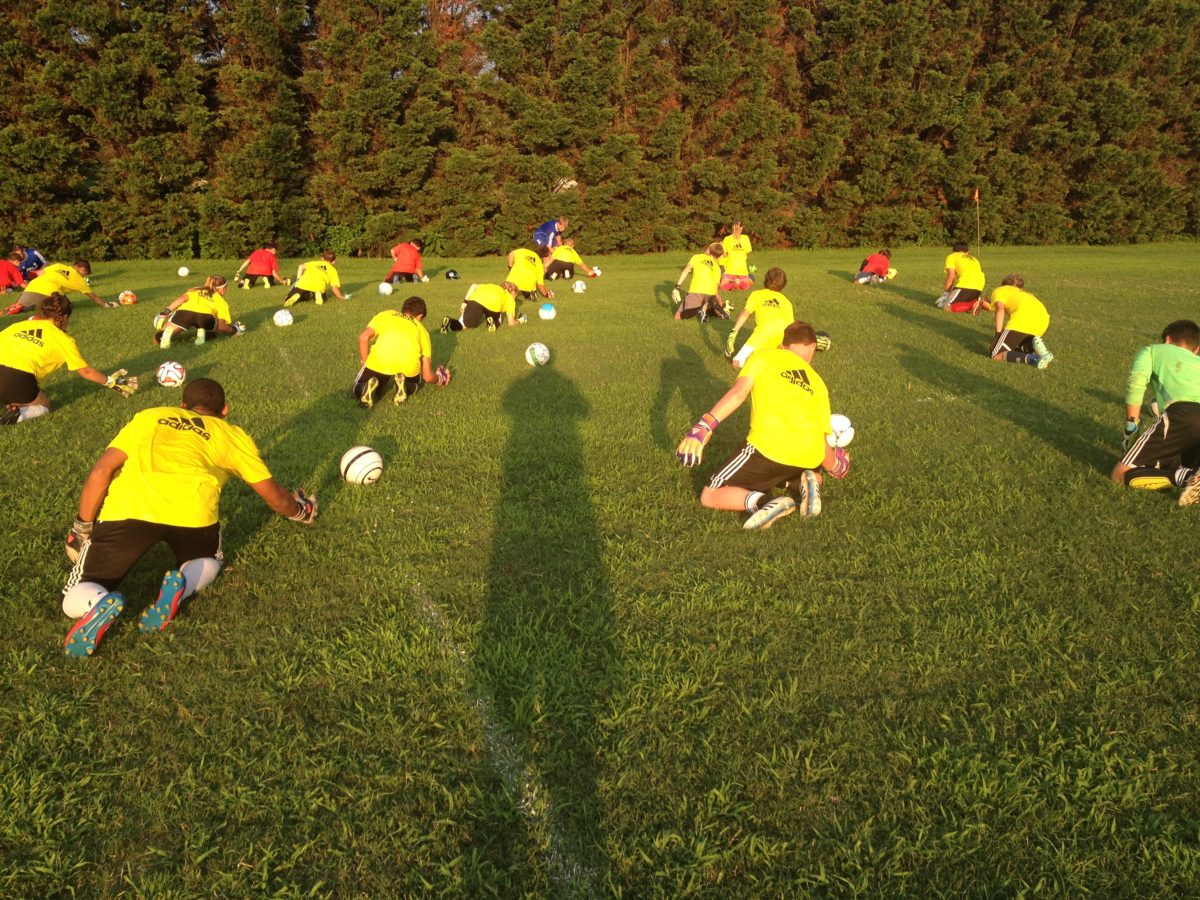

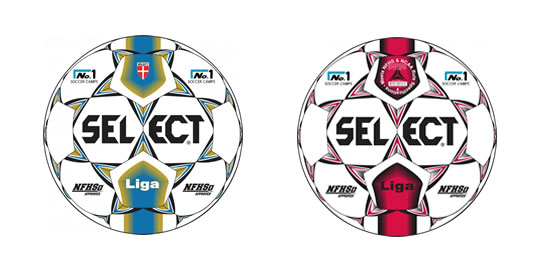



 Blue 16 Media
Blue 16 Media